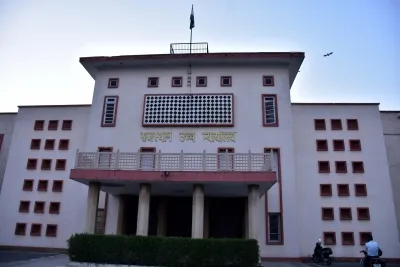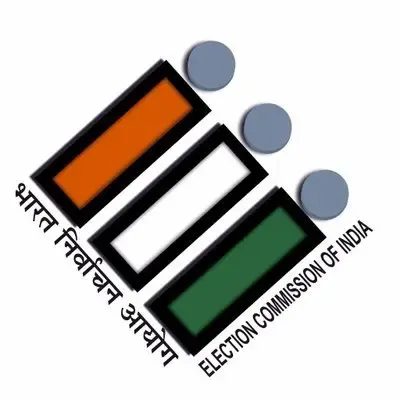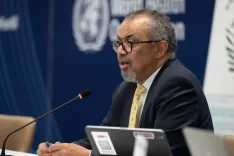Why is the Rajasthan Government Delaying Panchayat Elections?

Synopsis
Key Takeaways
- Rajasthan High Court reprimands state for election delays.
- Local body elections must occur within five years.
- Any postponement cannot exceed six months.
- State Election Commission must act if the government fails.
- Governance void impacts public service delivery.
Jaipur, Aug 19 (NationPress) In a crucial judgment, the Rajasthan High Court issued a strong reprimand to the state government for the postponement of Panchayati Raj Institution (PRI) elections, citing the reason of delimitation. The court has mandated that a copy of the order be forwarded to the Chief Secretary and the State Election Commission for swift compliance.
Justice Anoop Kumar Dhand delivered this order following the examination of 17 petitions submitted by Mahavir Prasad Gautam and others.
The court remarked that the inability to hold elections within the stipulated timeframe constitutes a blatant violation of the Constitution. It asserted that local body elections should occur within five years of the last term, with any delays not exceeding six months.
Justice Dhand highlighted that should the government neglect to conduct elections on schedule, it becomes the constitutional duty of the State Election Commission to step in and reinstate democratic local governance.
The court cautioned that the lack of elected local officials generates a governance void, negatively impacting public service delivery.
Moreover, the court deliberated on the situation of suspended Panchayat administrators.
Petitioners claimed that following the expiration of the elected Sarpanchs term, the state government had issued a notification on January 16 appointing them as administrators due to election delays. However, these individuals were subsequently dismissed without a proper investigation or hearing. Petitioners contended that the government's actions breached the Constitution, the Panchayati Raj Act, and the Municipality Act.
The court deemed the dismissals procedurally unsound and ordered the reinstatement of the administrators, permitting the government to act again—if needed—only after adhering to due legal procedures.
The state government argued that the petitioners had no constitutional right to remain as administrators once their five-year term ended and that investigations were still ongoing. Nevertheless, the court sided with the petitioners based on the grounds of procedural irregularity in their removal.










